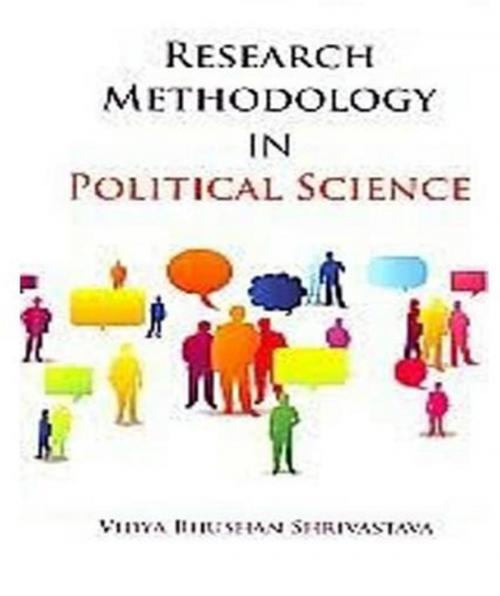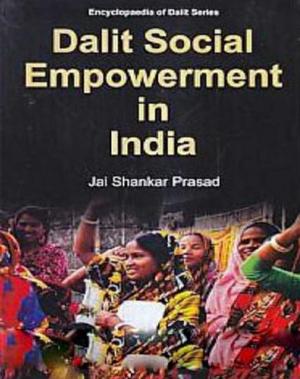| Author: | Vidya Bhushan Shrivastava | ISBN: | 9789388040549 |
| Publisher: | Centrum Press | Publication: | June 30, 2016 |
| Imprint: | Centrum Press | Language: | English |
| Author: | Vidya Bhushan Shrivastava |
| ISBN: | 9789388040549 |
| Publisher: | Centrum Press |
| Publication: | June 30, 2016 |
| Imprint: | Centrum Press |
| Language: | English |
Research is an important component of political science; it enables us to uncover evidence, develop theories, and better understand how the political world operates. Political Science research has remained a contested terrain from its first beginnings with the formation of the discipline in the late 19th Century, the subsequent development as Political Science as a distinct profession, and right down to this very day. As a result, the quest for a unitary paradigm for structuring research about politics has remained unfulfilled. But the battle lines are being redrawn as we speak. In recent decades, Political Science research has been shadowed by a debate between positivists who champion emulating the natural sciences and interpretivists who side with approaching the study of politics along the lines of more humanistic forms of inquiry. Competing positivist and interpretivist epistemologies have spawned distinctive methodologies with separate logics of inquiry, varying preferences for different methods of data collection, and debates about a number of other issues including, most commonly, the value of quantitative versus qualitative data. This important book is designed to help students learn what to research, why to research, and how to research.
Research is an important component of political science; it enables us to uncover evidence, develop theories, and better understand how the political world operates. Political Science research has remained a contested terrain from its first beginnings with the formation of the discipline in the late 19th Century, the subsequent development as Political Science as a distinct profession, and right down to this very day. As a result, the quest for a unitary paradigm for structuring research about politics has remained unfulfilled. But the battle lines are being redrawn as we speak. In recent decades, Political Science research has been shadowed by a debate between positivists who champion emulating the natural sciences and interpretivists who side with approaching the study of politics along the lines of more humanistic forms of inquiry. Competing positivist and interpretivist epistemologies have spawned distinctive methodologies with separate logics of inquiry, varying preferences for different methods of data collection, and debates about a number of other issues including, most commonly, the value of quantitative versus qualitative data. This important book is designed to help students learn what to research, why to research, and how to research.















